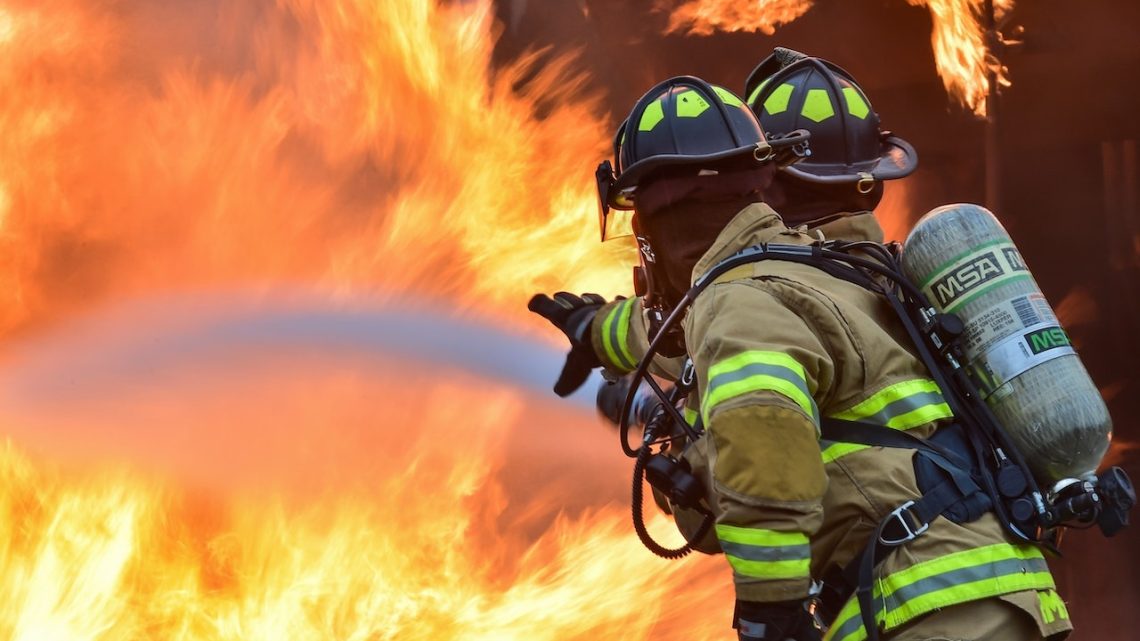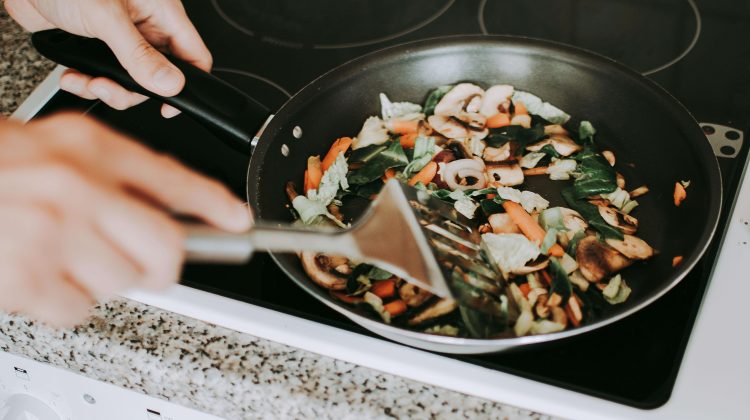Fire Safety Month was created to increase awareness about fire safety and to have a fire plan in place in case of emergency. Fire Safety Week is October 9-15 specifically. President Calvin Coolidge announced in 1925 Fire Prevention Week as a national observance in commemoration of the Great Chicago Fire, which began on October 8, 1871. This devastating tragedy “killed more than 250 people, left 100,000 homeless, destroyed more than 17,400 structures, and burned more than 2,000 acres of land” according to the National Fire Protection Association (NFPA). The National Safety Council (NSC) states that cooking and heating are the number one leading cause of both burn injuries and house fires. This article discusses the top safety tips you can take to prevent a fire.
1. Knowing When and How to Call for Safety
Making sure your children know how to dial 9-1-1 during a fire emergency is key. Likewise, explaining to them when they see fire to let a parent know is additionally just as important.
2. Create an Escape Plan
Let everyone in your family know the escape route and meet-up spot if a fire ever occurred is extremely detrimental to everyone’s safety. This includes family pets. Additionally, let your children know about this escape plan frequently so it is firm in everyone’s mind.
3. Holiday Decor
We all know the holidays are a fun time to put up lights inside and outside of our homes to feel festive! With that being said, always check to make sure extension cords and wires are not frayed. Likewise, do not overload the electrical outlets. With a Christmas tree, frequently keep it hydrated so it does not dry out and potentially light on fire.
4. Smoke Detectors
Regularly check your smoke alarms to see if they are all working. Make sure they are installed on every level of your home. They should be tested on a monthly basis and the batteries should be changed annually.
5. Smell of Gas
If you ever smell gas in your home, check all your appliances to make sure everything is turned off. If the smell continues always call your gas company to be safe and open your windows until they arrive.
6. Fire Extinguishers
It is best to keep a fire extinguisher somewhere in your kitchen or near the fireplace.
7. Fire Place Safety
Explain to your children how to be safe around the fireplace frequently. Always check before the end of the night that your fireplace is completely out before bed. Likewise, if small children are around, it is best to have a metal fireplace guard as a safety barrier. Lastly, have your fireplace inspected regularly.
8. Kitchen Dangers
As noted earlier, many house fires are caused by kitchen cooking. If a grease fire breaks out, never use water to put it out, instead use baking soda. Furthermore, never leave the stove or oven unattended.
The attorneys at Bowen Painter Trial Lawyers are dedicated to protecting their clients from burns and catastrophic injuries. To recover compensation after a burn injury, contact them today.





No Comment